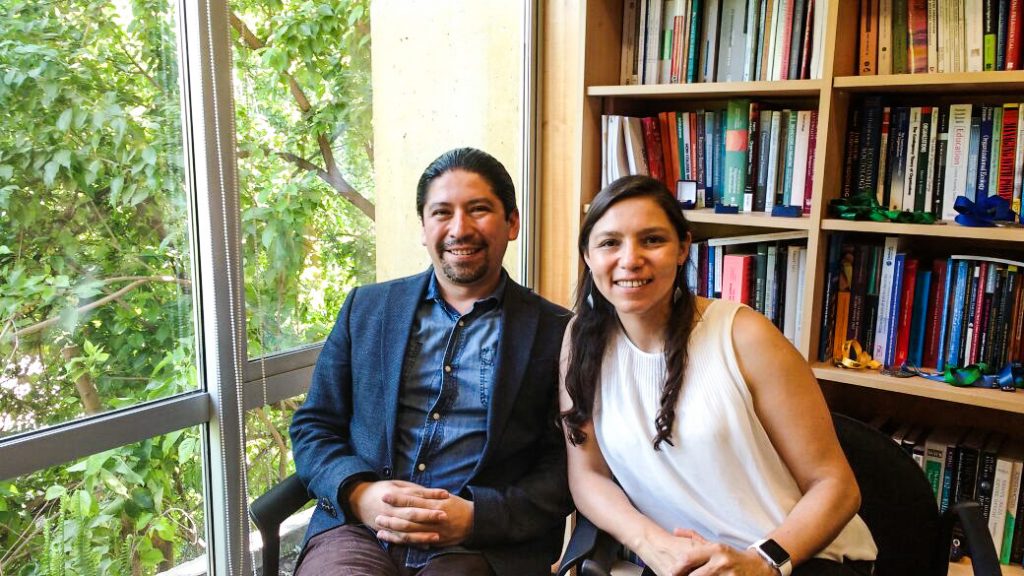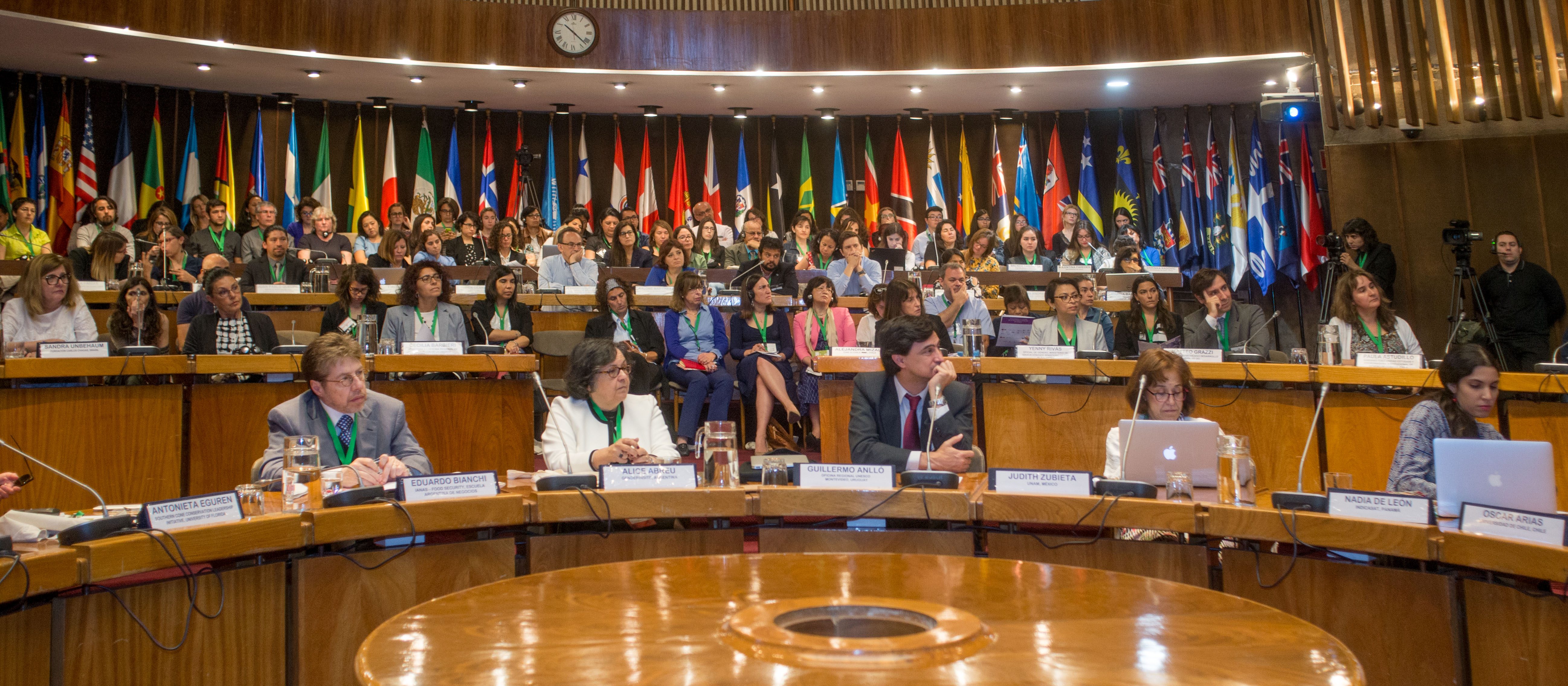- Ana Luisa Muñoz and Dr. Juan Pablo Queupil are the authors of one of the papers presented at the Gender Summit 12, an activity organized by CONICYT. Their study suggests that women researching in education generate positive results at the level of networks and cooperation.
They met in the United States, in an educational research congress, when they studied their respective doctorates, and both have been part of the Network of Researchers in Chilean Education (RIECH). Since then, Ana Luisa Muñoz and Juan Pablo Queupil have not abandoned their interest in gender studies. Both specialized in education decided to investigate how collaborative were women versus men and what role they play in this network of collaboration, considering that, in this discipline, unlike other sciences, there is usually a greater presence of women.
“What we detect is that, quantitatively, women are more collaborative and act as a bridge to increase cooperation with other colleagues. Therefore, the role of women in science, especially in education, is very relevant, because they manage to make greater connections and that promotes more research in the area”, Juan Pablo Queupil explains.
The interest in studying this phenomenon arises, in both, from the need to provide more information from a gender perspective in the university world. “Today we have more academics building knowledge, but there have been more complex discussions about what it means to be a woman in the universities and in the institutional culture in which we live, and what is required to advance in greater equality”, Ana Luisa Muñoz says.
Faced with this, regarding her experience as a teacher, Ana Luisa says that, in her opinion, policies that promote female participation in universities are lacking. “There is a logic that underlies the academy in which women ‘do’ and men ‘think’. Under this logic, women, in general, work more as coordinators of programs or careers directors, while men are more dedicated to research and publication. If we think about it, this logic directly affects the career processes and academic promotion. Then, we must question how the advancement of teachers is being promoted”, she says.
For Juan Pablo Queupil, this obeys to problems that go beyond the sciences. “I believe that aspects that are social and cultural in nature are crossed. In Chile, policies in which other countries have already advanced, such as salary parity, maternity issues or childcare, are still under discussion. We are still subordinated, especially women, to this sexism that, in the long run, is extrapolated to the academy”, he says.
Both believe that researching gender will contribute to diminishing current gaps. “If we can get more women to work in the sciences, in education or in the toughest disciplines, we could speculate that more collaboration and better results will be achieved. That is the invitation that we must address and develop as a country and as a society through studies and public policies beyond the academy”, Queupil says.
Ana Luisa, for her part, affirms that it is an ethical duty to promote this type of discussions. “As a feminist, I believe that any woman who lives in this country has an issue with gender. It is a matter of looking at the indicators of femicide we have in Chile and of violence against women, the evidence thus shows. That, ethically, forces you to position a voice on how the national reality on the positioning of women happens in university spaces. From the feminist organizations of civil society, there is a lot of progress on these issues and I think that, from the academy, we should learn and take discussions that are naturalized and invisible, and that is where our research points”, she concludes.
Juan Pablo Queupil and Ana Luisa Muñoz will present their research and outcomes during the Gender Summit 12, on December 6 and 7 in Santiago, in its first version in Latin America and the Caribbean.










